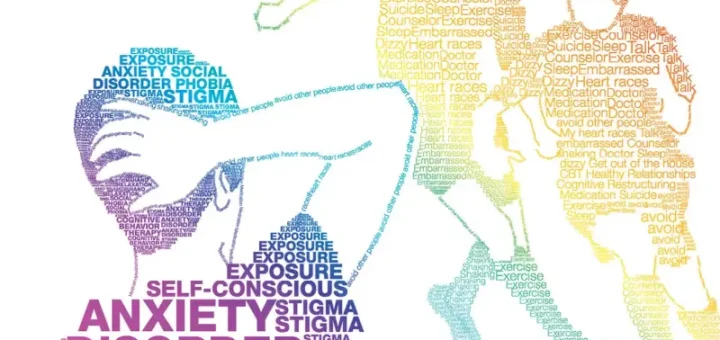Category: Causes and Risk Factors of Social Phobia
Understanding the role of introversion in social phobia is crucial for individuals grappling with the complexities of social anxiety. Introverted personality traits often intertwine with feelings of shyness and heightened anxiety, shaping how one...
Cognitive distortions play a crucial role in shaping social phobia, where negative thought patterns such as overgeneralization, catastrophizing, and mind-reading can significantly contribute to the onset and persistence of social anxiety. For individuals grappling...
Understanding the genetic predispositions of social phobia is crucial for unraveling the complexities of anxiety disorders, particularly in regions like New Zealand, where mental health challenges are prevalent. By exploring the heritability of social...
Understanding the role of childhood environment in shaping social anxiety is crucial, as it uncovers how family dynamics, parenting styles, and early social experiences can significantly contribute to the development of social phobia in...
Understanding the role of parenting styles in shaping social anxiety is crucial for fostering healthier emotional development in children. This exploration of authoritative, authoritarian, and permissive approaches reveals how early childhood experiences can lead...
Understanding the neurobiological mechanisms behind social phobia is crucial for developing effective interventions, particularly in regions like New Zealand where social anxiety disorder impacts many lives. Key brain structures, including the amygdala and prefrontal...
Introduction Social phobia, also known as social anxiety disorder, is a debilitating mental health condition characterized by an overwhelming fear of social situations and being judged or scrutinized by others. Individuals with social phobia...








